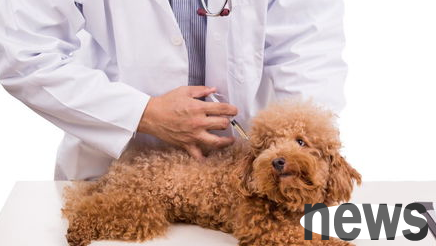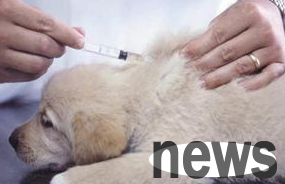The immune responses produced by animal organisms to a certain extent are controlled by genetic factors. There are many breeds of dogs, and the immune responses vary. Even if the immune responses of dogs of different individuals of the same breed are not consistent to the same vaccine. Some dogs may even have innate immune deficiency, which leads to immune failure.

A certain level of maternal antibodies is of great significance to protecting puppies from early infection with infectious diseases. However, due to the differences in the immune response of individual breeding dogs and the different vaccines used in breeding dogs, the levels of maternal antibodies from different sources are uneven.

If all puppies are fixed at the same age for first immunization, puppies with too high maternal antibodies can interfere with the immune response of the vaccine, while puppies with too low maternal antibodies may be in the latent infection period of the infectious disease when vaccinated, resulting in immunity failure. Even puppies from the same female dog may not be completely consistent. If a fixed first-immunity procedure is used, it will also interfere with the vaccine's immune response and lead to immune failure.
antigens enter the body and produce different levels of immune responses - cellular immunity and humoral immunity, both of which require certain nutrients. Deficiency or insufficient nutrients, especially when vitamins A, D, B, E, various trace elements and total proteins are lacking, they will affect the production rate or quantity of immune antibodies, resulting in lag in immune response or decreased immune response ability, leading to immune failure.
